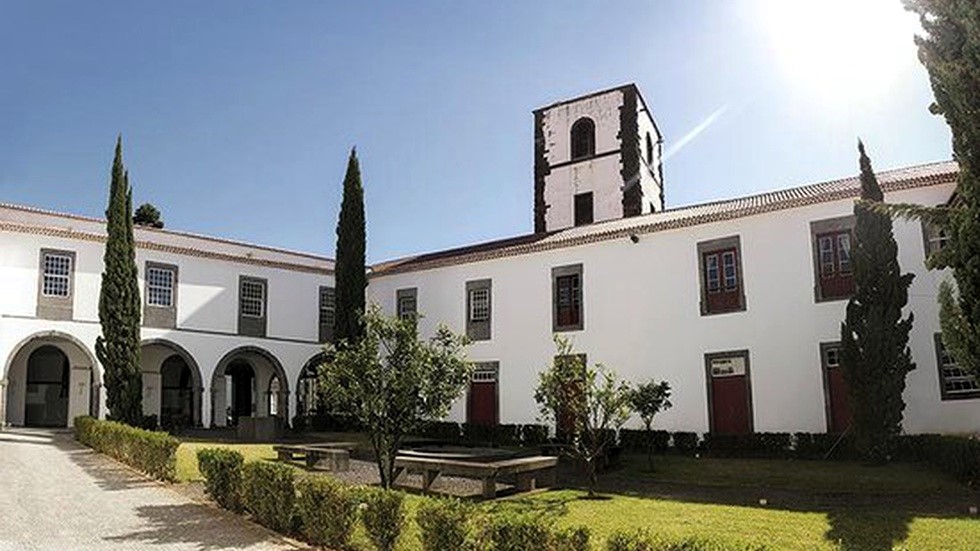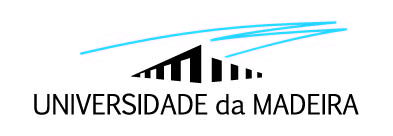The application is financed exclusively by the Rectorate of the University of Madeira.


The University of Madeira (UMa) is a Portuguese public university, based in the city of Funchal, in the Autonomous Region of Madeira. It began its pedagogical and scientific activity in 1989, Professor Doutor José Sílvio Moreira Fernandes being the current Rector.
The candidacy has been prepared since the beginning of 2024 by the Working Group for the Application of Madeira Wine Traditions for Intangible Cultural Heritage, a multidisciplinary team of researchers and teachers from this educational establishment.
This initiative is exclusively financed by the Rectorate of the University of Madeira, the execution of the project being supervised by the Pro-Rector for the Development of Polytechnic Education, Susana Teles (Higher School of Technologies and Management of UMa / CITUR-Madeira, with a PhD in Management).
The University of Madeira (UMa) has a long history of identifying, studying and documenting the manifestation of ICH, which began well before the emergence of this new heritage category. Since 1994, researchers from the Department of Languages, Literatures and Cultures of the Faculty of Arts and Humanities (DLLC-FAH) -namely Naidea Nunes Nunes (NNN) and Maria Helena Rebelo (MHR)- have been studying the linguistic heritage of the Madeira archipelago, with the aim of producing the Linguistic-Ethnographic Atlas of Madeira and Porto Santo. This project, carried out in collaboration with the Linguistics Centre of the University of Lisbon and funded by the Science and Technology Foundation (PLUS/C/LIN/800/93), currently has the support of the Regional Directorate of Culture of Madeira and the Regional Secretariat for Economy, Tourism and Culture. The aim is to survey the agrarian lexicon in use in the region, and in particular the terms referring to vineyards and wine (among others), which are the subject of vol. 2 of this atlas, currently in press.
The continuous investment in this field of studies is reflected today in the teaching offer of FAH, with a Bachelor's Degree in Cultural Studies, a Master's Degree in Linguistics: Societies and Cultures, a Master's Degree in Regional and Local Studies, a Master's Degree in Cultural Management, a Master's Degree in Cultural Management, a Master's Degree in Linguistics: Societies and Cultures, a Master's Degree Master's Degree in Literature, Culture and Diversity, a Doctorate in Insular Literatures and Cultures and a Doctorate in Atlantic Islands: History, Heritage and Institutional Legal Framework. Several generations of technicians involved in the study and safeguarding of Intangible Cultural Heritage have attended these same courses. We should also mention here the studies on the history of Madeira Wine by Maria Benedita Câmara, from the Faculty of Social Sciences and more recently by António José Marques da Silva, from the Higher School of Technologies and Management on the same topic.
It is also worth highlighting the creation of the Laboratory Germoplasma Isoplexis, in 1996. This laboratory, coordinated by Miguel Ângelo Carvalho, aims to safeguard the traditional cultures of the archipelago. Its objective is to preserve the seeds of native edible plants, which its continuity relying on various know-how and associated intangible practices. We also cannot forget the research on Madeira Wine carried out by Centro de Química, first by José Carlos Marques and then by José de Sousa Camera. The projects carried out by his team have allowed us to understand in depth, and based on scientific knowledge, the sui generis characteristics of Madeira Wine.
In recent years, the University of Madeira has also been taking an increasingly active role in disseminating ICH collection methodologies. Since 2024, the Rectorate has been collaborating with the Regional Directorate of Culture to offer short-term training, raising awareness of the techniques and standards to be followed in its inventory outside academia. In April 2024, DLLC-FAH organized the Seminar “Intangible Cultural Heritage: memory, tradition and know-how”, at Polo da Penteada, on April 24, coordinated by Naidea Nunes Nunes (NNN) and Maria Helena Rebelo, in collaboration with the UNESCO Chair in Intangible Heritage and Traditional Know-How: Linking Heritages, based at the University of Évora, bringing to Madeira researchers involved in national and international projects in this area.
From 2021 to 2023, the University of Madeira was part of the Archipel.eu consortium as an associated partner. This is a pilot project co-financed by the European Union that tested new strategies to support the Culture and Intangible Heritage sector in the Outermost Regions of the European Union and the Overseas Countries and Territories, with a budget specially dedicated to the safeguarding of ICH. The representative of the University of Madeira in the consortium (António José Marques da Silva: AJMS) was part of the international panel of judges that evaluated the applications for the call for projects relating to this line of action, also participating in the preparation of final recommendations for future EU policies in this area.
In recent years, the Higher School of Technologies and Management of UMa has also been active in the area of PCI. Some of its members, who are part of the Centre for Research, Development and Innovation in Tourism (CITUR-Madeira), have developed work focused on the study and valorisation of the wine and culinary heritage of the archipelago, namely sugar (NNN, AJMS), couscous (NNN, AJMS), and Madeira wine (AJMS). From 2019 to 2023, several researchers from CITUR-Madeira (Susana Teles, Eduardo Leite, Rossana Santos, Bruno Sousa, AJMS) joined SABOREA Madeira, an international consortium financed by the INTERREG MAC 2014-2020 Program, which aimed to rescue, revive and promote culinary exchanges between different regions of Macaronesia.